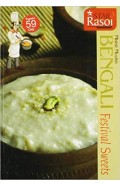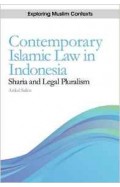Imagining Palestine - Cultures of Exile and National Identity
By: Tahrir Hamdi
-
Rs 8,995.50
- Rs 9,995.00
- 10%
You save Rs 999.50.
Due to constant currency fluctuation, prices are subject to change with or without notice.
Imagining Palestine - Cultures of Exile and National Identity
By: Tahrir Hamdi
Rs 8,995.50 Rs 9,995.00 Ex Tax :Rs 8,995.50
Zubin Mehta: A Musical Journey (An Authorized Biography)
By: VOID - Bakhtiar K. Dadabhoy
Rs 892.50 Rs 1,050.00 Ex Tax :Rs 892.50
The Origins of Political Order From Prehuman Times to the French RevolutioN
By: Francis Fukuyama
Rs 4,045.50 Rs 4,495.00 Ex Tax :Rs 4,045.50
Manning Up: How the Rise of Women Has Turned Men into Boys
By: Kay Hymowitz
Rs 845.75 Rs 995.00 Ex Tax :Rs 845.75
The Obama Syndrome: Surrender At Home War Abroad
By: Tariq Ali
Rs 1,100.75 Rs 1,295.00 Ex Tax :Rs 1,100.75
The Quest For Meaning: Developing A Philosophy Of Pluralism
By: Tariq Ramadan
Rs 1,185.75 Rs 1,395.00 Ex Tax :Rs 1,185.75
No similar books from this author available at the moment.
Contemporary Islamic Law in Indonesia Sharia and Legal Pluralism Exploring Muslim Contexts
By: Arskal Salim
Rs 9,797.50 Rs 19,595.00 Ex Tax :Rs 9,797.50
Zubin Mehta: A Musical Journey (An Authorized Biography)
By: VOID - Bakhtiar K. Dadabhoy
Rs 892.50 Rs 1,050.00 Ex Tax :Rs 892.50
Imagining Palestine - Cultures of Exile and National Identity
By: Tahrir Hamdi
Rs 8,995.50 Rs 9,995.00 Ex Tax :Rs 8,995.50














-120x187.jpg?q6)





-120x187.jpg?q6)








